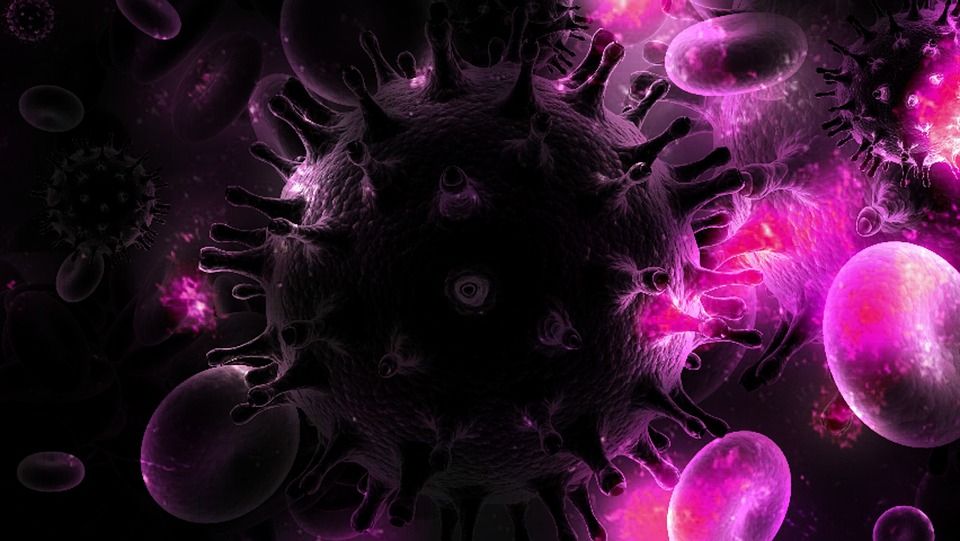Danish researchers from the University of Copenhagen (KU) have developed a new type of vaccine that get the immune system to attack parts of the HIV virus it doesn’t usually attack.
The research has shown promise in testing on apes and if the method can be transferred to humans, it could potentially save millions of lives.
The new research focuses on attacking the weaker and more hidden areas of the HIV virus to make the immune system of the apes strong enough to fight the HIV (SIV in apes) by itself.
“Our strategy worked perfectly in two of six animals, in which there are no longer signs of an HIV infection to be found,” Peter Johannes Holst, an associate professor from the Department of Immunology and Microbiology at KU, told Videnskab.dk.
“It shows that the animals are protected against the illness and our task is to improve the vaccine so that it works on all animals and eventually on humans as well.”
READ MORE: Danish researchers in HIV breakthrough
Mastering mutation
One of the principle reason why the HIV virus is so difficult to make a vaccine for is down to its ability to mutate. As a result, every time the immune system learns to attack part of the infection, it will respond by mutating that part into something else and the immune defence can no longer recognise the virus and ceases its assault.
But instead of focusing on antigens that create the strongest response from the immune system and which therefore mutate most often, the new vaccine helps the body recognise the part of the HIV virus that is normally left alone.
“It’s a new way to utilise vaccines against chronic infections,” said Holst.
“At the same time we use a completely different virus to strengthen the immune defence against HIV. And that’s appropriate as it’s too dangerous to attempt to infect people with a weakened version of HIV, which is an expert at mutation.”
READ MORE: HIV – an epidemic in Denmark no longer
SIV close to HIV
Of the six apes tested, two completely beat the virus, while the other four initially achieved a very strong immune response to the virus, but eventually succumbed to it.
And because it is believed that HIV in humans developed from SIV in primates, it means that the SIV tests in apes is the best method of studying the immune system’s response to an infection.
HIV is one of the world’s biggest health issues, particularly in Africa. In 2016, over 36 million people were infected with HIV and under half received the medical treatment needed to extend their lives and prevent them infecting others.
The new study was recently published in the scientific journal EbioMedicine.















